Erik Andersen
Adaptive Learning Material Recommendation in Online Language Education
May 26, 2019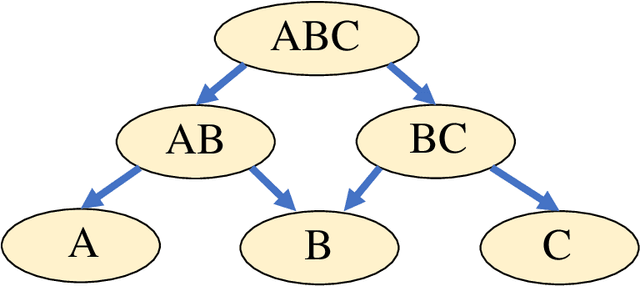
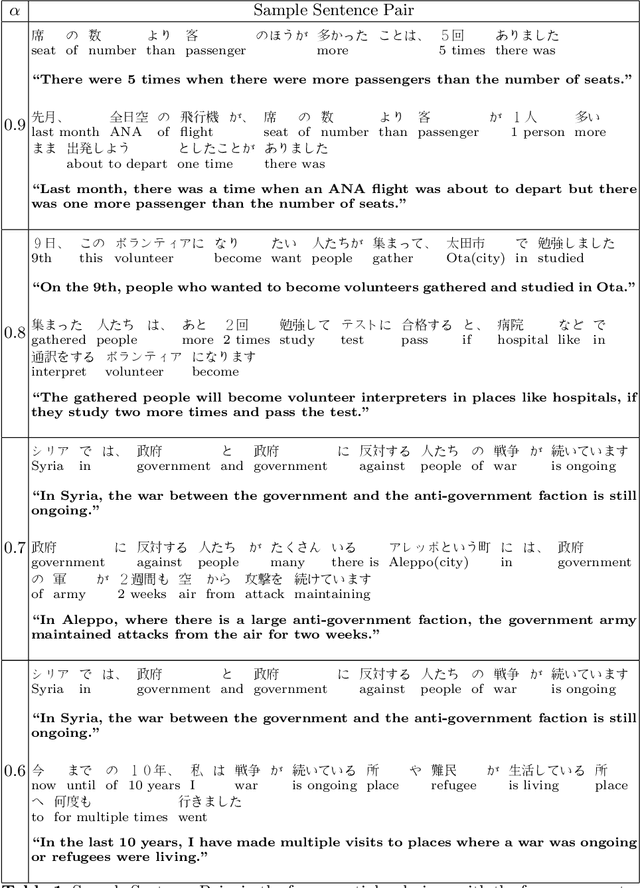
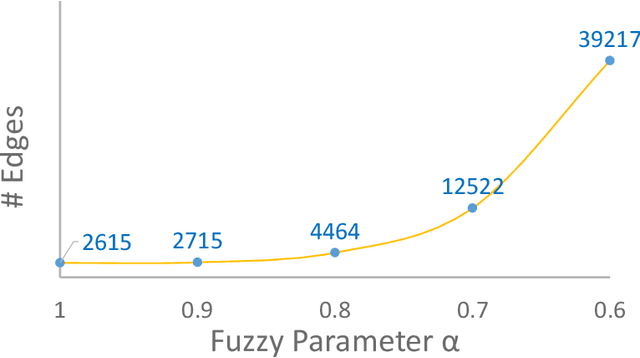

Abstract:Recommending personalized learning materials for online language learning is challenging because we typically lack data about the student's ability and the relative difficulty of learning materials. This makes it hard to recommend appropriate content that matches the student's prior knowledge. In this paper, we propose a refined hierarchical knowledge structure to model vocabulary knowledge, which enables us to automatically organize the authentic and up-to-date learning materials collected from the internet. Based on this knowledge structure, we then introduce a hybrid approach to recommend learning materials that adapts to a student's language level. We evaluate our work with an online Japanese learning tool and the results suggest adding adaptivity into material recommendation significantly increases student engagement.
* The short version of this paper is published at AIED 2019
Grammatical Templates: Improving Text Difficulty Evaluation for Language Learners
Feb 15, 2017
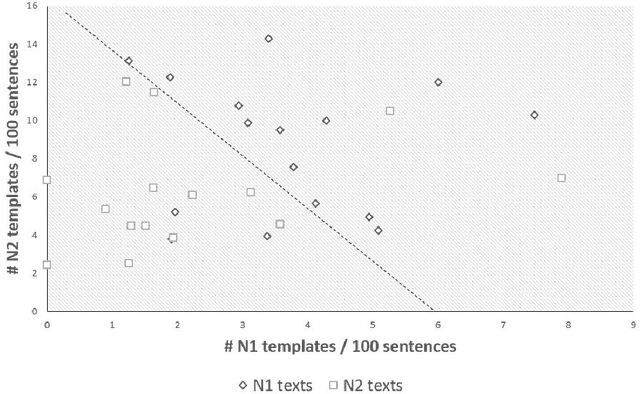

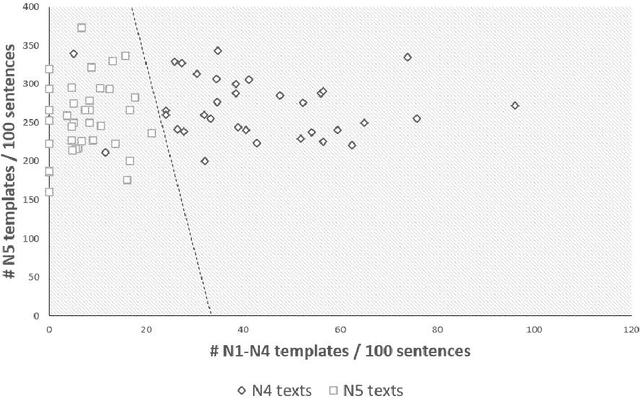
Abstract:Language students are most engaged while reading texts at an appropriate difficulty level. However, existing methods of evaluating text difficulty focus mainly on vocabulary and do not prioritize grammatical features, hence they do not work well for language learners with limited knowledge of grammar. In this paper, we introduce grammatical templates, the expert-identified units of grammar that students learn from class, as an important feature of text difficulty evaluation. Experimental classification results show that grammatical template features significantly improve text difficulty prediction accuracy over baseline readability features by 7.4%. Moreover, we build a simple and human-understandable text difficulty evaluation approach with 87.7% accuracy, using only 5 grammatical template features.
 Add to Chrome
Add to Chrome Add to Firefox
Add to Firefox Add to Edge
Add to Edge